TopGuide: HowistheLandAdministration Reform Project working to improve the ease oflandacquisitionforbothlocalandforeign investors in Ghana?
Mr. Benjamin Arthur: Well, the Land Administra- tion Reform Project is essentially designed to im- prove on the Lands Commission’s efficiency. The key aspect of that project is to address the issue of available data and information for our stakehold- ers. Key amongst them is the conversion of all our historical or legacy data from the manual to digital. And then providing a digital environment or plat- form for our stakeholders to interact with the Lands Commission.
What this will do is to make it easier to conduct official searches and make available, relevant infor- mation on any specific piece of land to interested parties. So, we will fly the entire country and map using Photogrammetric methods at high resolu- tion to acquire digital Orthophotos and maps. This will give us credible, reliable and easily accessible records, underpinned by a digital land administra- tion platform that will facilitate all business with the Commission.
Of course, we are very used to the hard copy end results with regards to Land Title Certificates and other documents. What we are trying to do is to limit that to the final product so all processes are digital but at the end, you will get your hard copy. This involves lots of investments in the Mapping, in theconversion,inhumancapital,capacitybuilding issues, and equipment; but I think it will be of great benefit to investors.
TG: How is the Lands Commission addressing concerns related to land tenure security? And what advice would you offer to prospective investors regarding navigating the land tenure system?
BA: We have a kind of hybrid tenure system in Ghana where about 80 percent of land is owned mainly by traditional authorities. The state’s land, which is also in two parts – state acquired lands and lands that are vested in the state – constitute about 20 percent of land ownership in the country. So to navigate the acquisition process, the investor has to make sure he’s dealing with the right- ful owner. The challenge for buyers is knowing who the rightful owners are! The boundaries are sometimes unclear and there may be disputes in the fami- lies that own the land.
As a Commission, even though we do not have control over the sale of the 80 percent of land that is privately owned, we are responsible for recording and registering the transactions so we are very interested in who the owners are. One of the things that we do is to record the allodial ownership of the parcels of land; once we have those records, until a process, whether by a court order or by change in leadership and so on, is recorded in our books, we will rely on that information to register only grants that are coming from the known family leaders. So we say that for any investor who is acquiring land, you must do a lot of due diligence. It is best to use an accredited professional from the Ghana Institution of Surveyors.
We also advise that you engage a profes- sional Land Surveyor in good standing with the Lands Commission to get you a site plan of the land that you intend to acquire in order to make sure that it ac- curately represents the same position on the ground as shown to you.. Once you have that, you must conduct a search at the Lands Commission, where our records will show the historical records we have on the land, including who is recorded as the legitimate owner. Then you must also verify the identity of the person you are dealing with.
Once you have done all this, you must bring the instrument to the Commis- sion to transfer the interest that you are acquiring from the land into our records. That way, you become the re- corded owner of the land. We have two forms of registration. The Land Title Registration provides a state guaran- tee of your ownership, while the Deed Registration records and registers the transaction itself. Apart from the Great- er Accra Region and some parts of the Ashanti region where Title Registration is declared, deed registration is what is available in the rest of the country. It is important for investors to understand these processes or better still, get a pro- fessional to help them navigate them.
With regard to the Vested Lands, own- ership stays with the stool but is man- aged by the state. The Lands Commis- sion manages this land on behalf of the stool, granting leases or permissions. State land is acquired or allocated by the state and managed solely by the Lands Commission. They allocate land for various uses and grant permissions like certificates of allocation for use rights. Transactions require permission from the president, facilitated by the Minister for Lands and Natural Resources. Leases can be offered to individuals or institu- tions. Some state-acquired land is conveyed to specific institutions.
TG: Are there other reforms that you are considering?
BA: One idea would be to redefine the role of the Lands Commission and its operations. In many other places, there are specific registered agencies through which land transactions are conduct- ed. By requiring individuals to work through these licensed agencies, such as notaries, the Lands Commission can fo- cus on working with established institu- tions rather than the general public. This would streamline the Commission’s services and reduce the strain of dealing with every individual directly.
Furthermore, implementing Land Title Registration nationwide would sig- nificantly enhance tenure security com- pared to deed registration. This reform would involve providing base maps and sectional maps for systematic titling, making it easier for every property to have a title. Ultimately, these changes could bring more order to land manage- ment, reduce fraud, and increase confi- dence in investing in Ghana.


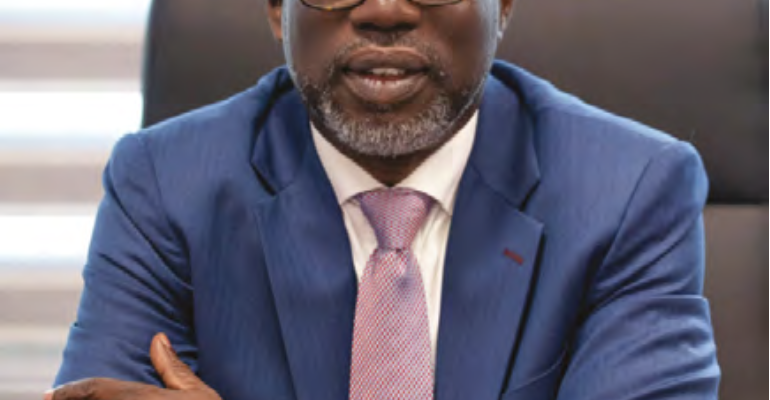
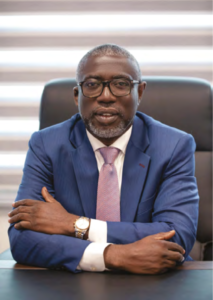
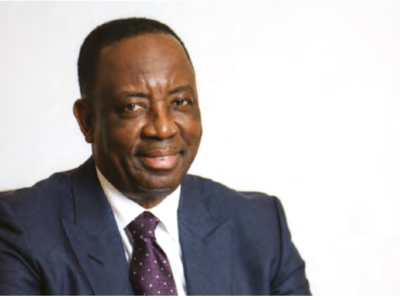
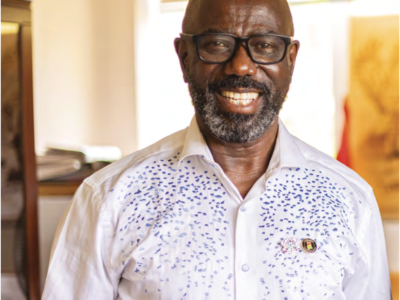
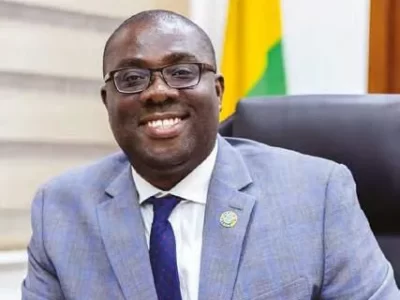

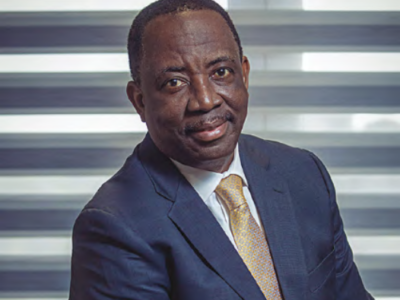
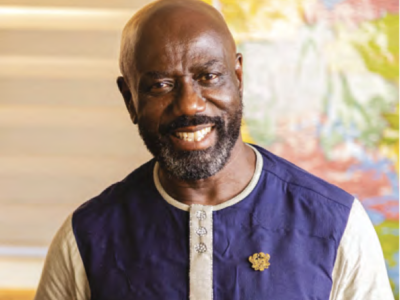
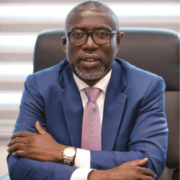
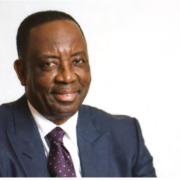
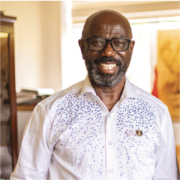

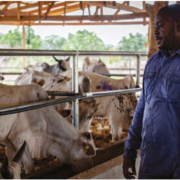
Comments